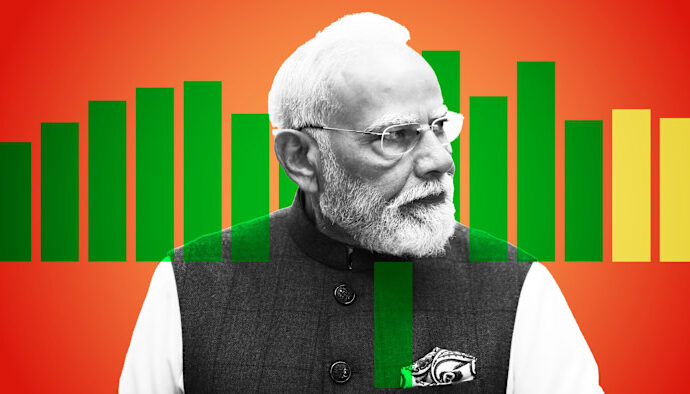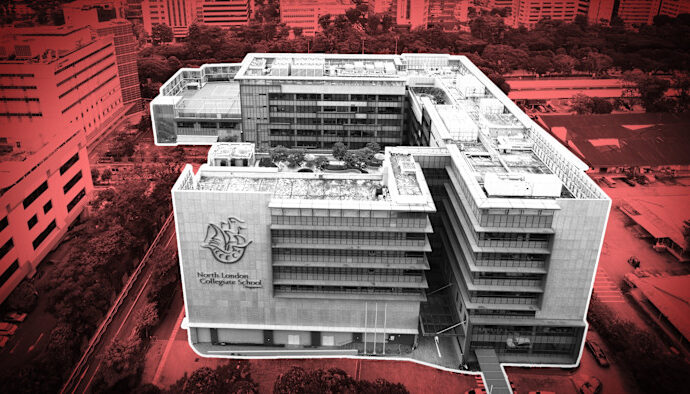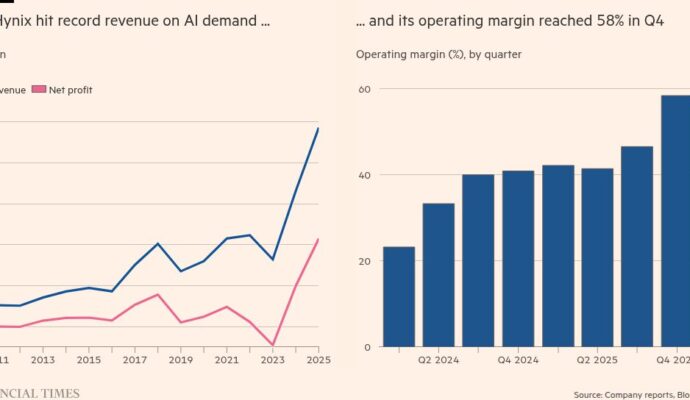Unlock the Editor’s Digest for free
Roula Khalaf, Editor of the FT, selects her favourite stories in this weekly newsletter.
Japanese stocks sold off as the Bank of Japan unveiled plans to start selling its $250bn cache of exchange traded funds, an unwinding that governor Kazuo Ueda said would take a century.
The planned ETF sale was announced alongside the BoJ’s decision to keep interest rates on hold. But the central bank’s vote on rates revealed an emerging split within its policy committee over the ideal pace of monetary policy normalisation.
The BoJ’s decision came against a backdrop of deep political uncertainty in Japan, as households adjust to sustained inflation and the ruling Liberal Democratic party prepares for an emergency leadership vote that will determine the country’s next prime minister.
The BoJ’s announcement that it would begin selling its stash of ETFs and real estate investment trusts, accumulated over 13 years from 2010, was long anticipated but came far sooner than markets had expected.
Under the BoJ’s plan, which it said could be adjusted at future policy meetings, the central bank will annually sell ETFs with a book value of ¥330bn ($2.2bn) and a current market value of ¥620bn ($4.2bn).
Ueda said at a press conference on Friday that the decision to unwind the ETF holdings followed the disposal earlier this year of Japanese stocks bought from domestic banks during the 2002 banking crisis.
That process had proved instructive, he said, adding: “On a simple calculation, the period required for disposal at the pace decided this time would exceed 100 years for both ETFs and JREITs.”
The BoJ’s holdings of risk assets expanded significantly during the “Abenomics” era of efforts to combat deflation. At one point, according to analysts, the BoJ held roughly 7 per cent of the total market value of listed Japanese stocks.
But the central bank had previously been tight-lipped on its plans. Japanese stocks have risen to successive record highs over the past few weeks, on strong buying by foreign investors.
The BoJ also announced it would hold rates at 0.5 per cent. While the move was in line with market expectations, it was decided by a 7-2 vote, which traders said pointed to growing pressure within the central bank to raise rates this year.
It is extremely rare for members of the policy committee to vote against keeping rates on hold, especially when those dissenters are calling for rates to be raised.
“What these two dissenting votes mean is that at the next meetings, the market knows there are going to be at least two people on the committee voting for a hike,” said Benjamin Shatil, senior Japan economist at JPMorgan. “It is a clear indication of the direction of travel.”
The Nikkei 225 stock average was down as much as 1.78 per cent on the day, before paring losses to 0.57 per cent. Before the BoJ announcement, it had risen 1.2 per cent in morning trading to hit an all-time high.
The yen strengthened as much as 0.05 per cent against the dollar before weakening to trade flat.
The rate decision followed a data release earlier on Friday that showed Japan’s core consumer price inflation, which excludes fresh food but includes energy prices, rose 2.7 per cent in the 12 months to August. Core CPI has exceeded the BoJ’s 2 per cent target for three years.
Ueda said he believed underlying inflation, the BoJ’s preferred metric, was “still somewhat below 2 per cent, but approaching that level”.
He added that while the BoJ expected food inflation to dissipate, there was a risk that prolonged food price rises could affect inflation expectations and gradually push up underlying inflation.
Analysts said the market would more confidently start pricing-in a 0.25 percentage point rise before the January meeting.
Shoki Omori, chief desk strategist at Mizuho, said: “The split is obviously going to create a high expectation for the next meeting, after those expectations faded recently because of the LDP leadership election. The market will now price-in a much higher chance of a rate hike in October.”
Others, however, pointed to the BoJ’s statement accompanying the rate announcement which said “it remains highly uncertain how trade and other policies in each jurisdiction will evolve, and how overseas economic activity and prices will react to them” — a comment widely seen as a reference to US tariff policies.
That suggested, said Morgan Stanley MUFG economist Takeshi Yamaguchi, that Ueda was remaining cautious.
Ueda noted comments on inflation risk by one of the two dissenting board members, but said: “We also need to be mindful of downside economic and price risks, given the impact from US tariffs will start to intensify.”
Rising living costs, and the failure of many companies to increase wages above inflation, have become an explosive issue in Japanese politics and contributed to the LDP’s recent loss of its majority in both houses of parliament.
Additional reporting by William Sandlund in Hong Kong


